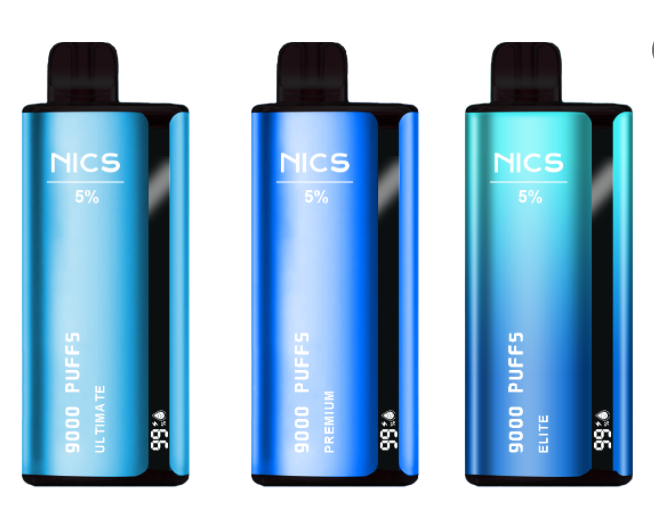OEM Disposable Pods Factory-Can Nicotine Help you Burn Fat?
2022-05-27
It’s long been accepted that nicotine acts as a weight suppressant. When smokers quit, they usually gain weight. But a recent study shows how nicotine affects metabolism by
triggering the body to burn certain kinds of fat cells through a process called thermogenesis.
Thermogenic (“beige”) fat cells are activated to burn by stimulating a certain nicotinic acetylcholine receptor called CHRNA2—the same receptor that regulates nicotine dependence in
brain cells—either naturally by the body with acetylcholine, or with nicotine, which mimics the effect of acetylcholine on the CHRNA2 receptor.
“This pathway is important from a basic research standpoint, but it also has relevance for metabolic and human health research,” said senior author Jun Wu, an assistant professor of
molecular and integrative physiology at the University of Michigan Medical School. “The more we can narrow down a precise pathway for activating beige fat, the more likely we are to
find an effective therapy for metabolic health that does not carry harmful side effects.”
A 2017 paper by scientists from New Zealand and the U.K. even suggested the idea that “vaping electronic cigarettes with nicotine and flavors could deliver similar appetite and weight control effects as smoking.” The idea deserves exploration, say the researchers.






















































